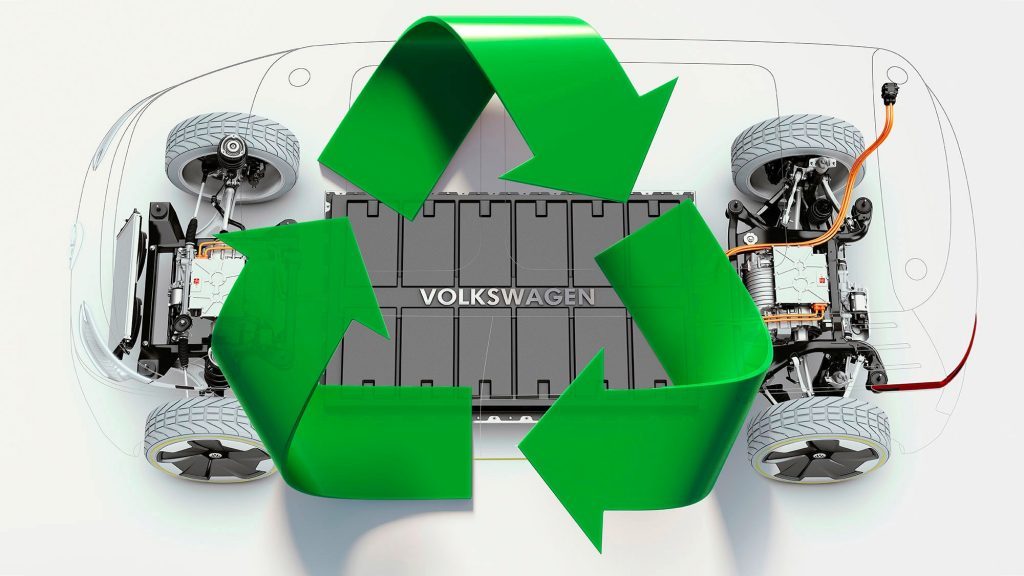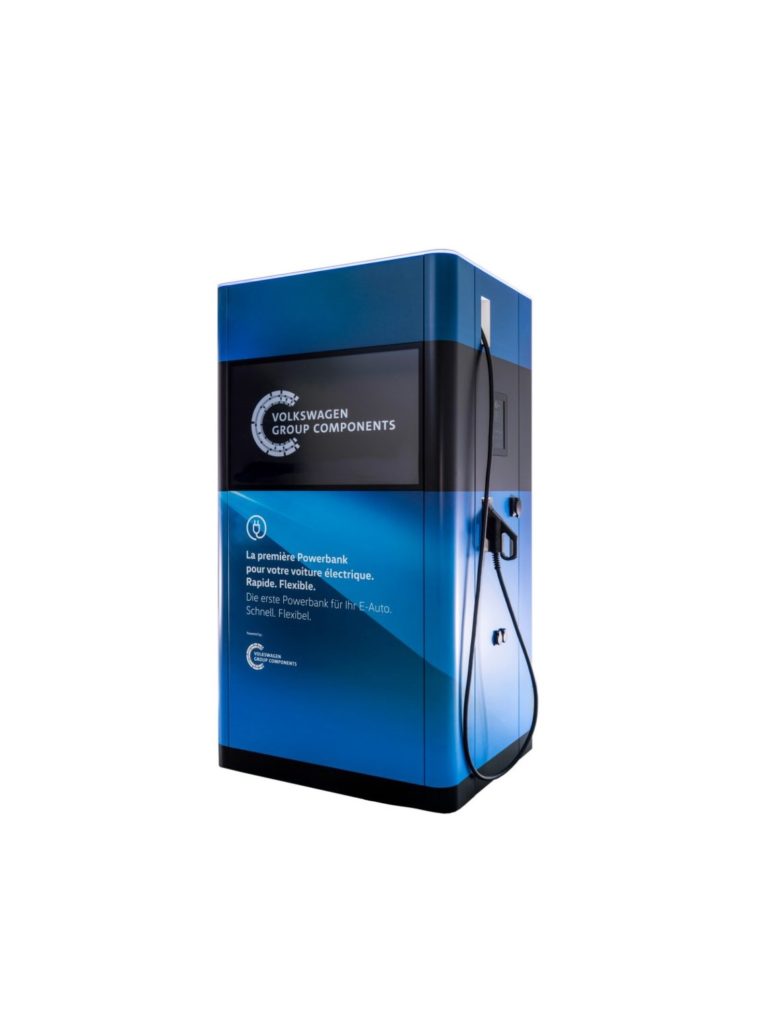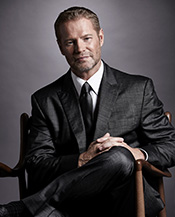
Recycling is an important part of helping keep our environment clean and thriving. In the U.S. 99 percent of all lead-acid automotive batteries are recycled, making them among one of the most-recycled goods you can buy. When a battery wears out, you can easily turn it in when buying a new one; that old battery can then be shredded or melted down, and its raw materials reused.
With the new development of the electric vehicle, there will be a mass increase in the number of batteries on the road and some experts are concerned about how those advanced lithium-ion batteries will be recycled after their 10 or 15 years of use.
Volkswagen is on a mission to build one million electric vehicles a year by 2025, including at the Chattanooga plant and is already working on how to develop a robust second life for the batteries that will power them. To tackle the challenge, Volkswagen is working towards two approaches: Portable rechargers, and energy-efficient recycling.
Volkswagen’s Charging Plans
A lithium-ion battery that’s been on the road a decade or more may not be the proper option for powering a vehicle, but it could still have a sizable energy capacity. (The battery pack in the 2019 Volkswagen e-Golf can store as much energy as the typical American household uses in a day, and then some.) And the problem of electric vehicles may need charging in many places where there may not be chargers or even power outlets available.

These two complications have the same solution. Volkswagen Group plans to produce this portable quick-charging station. These stations are designed to hold up to 360 kilowatt-hours of energy, the quick-charge station can charge up to four vehicles at a time, with a maximum quick-charge output of 100 kW. Think of it as a portable cellphone charger, the Volkswagen Group charger can be used until it’s depleted or connected to a power source to keep itself recharged. And it’s small enough to be deployed in hard-to-charge locations, such as music festivals.
This charger has been programmed to use the same battery packs as Volkswagen’s MEB electric vehicle chassis, so that when those packs reach the end of their life, they can have a second use as a recharge station. The first of these Volkswagen Group portable quick chargers is anticipated to be installed in Germany next year, and Volkswagen Group expects to begin full production in 2020.
Looking long term, Volkswagen wants to recycle about 97 percent of all raw materials in the battery packs. Today, it’s roughly 53 percent, and the plant in Salzgitter expects to raise it further to about 72 percent. Depending on how many electric vehicles Volkswagen plans to sell, handling recycling internally will be a priority for cost and environmental reasons, even though it will be at least a decade before the battery shredders have much to do.
That is some news you can use! Stay connected with The Reed Factor on more automotive news you can use. And keep recycling my friends!

